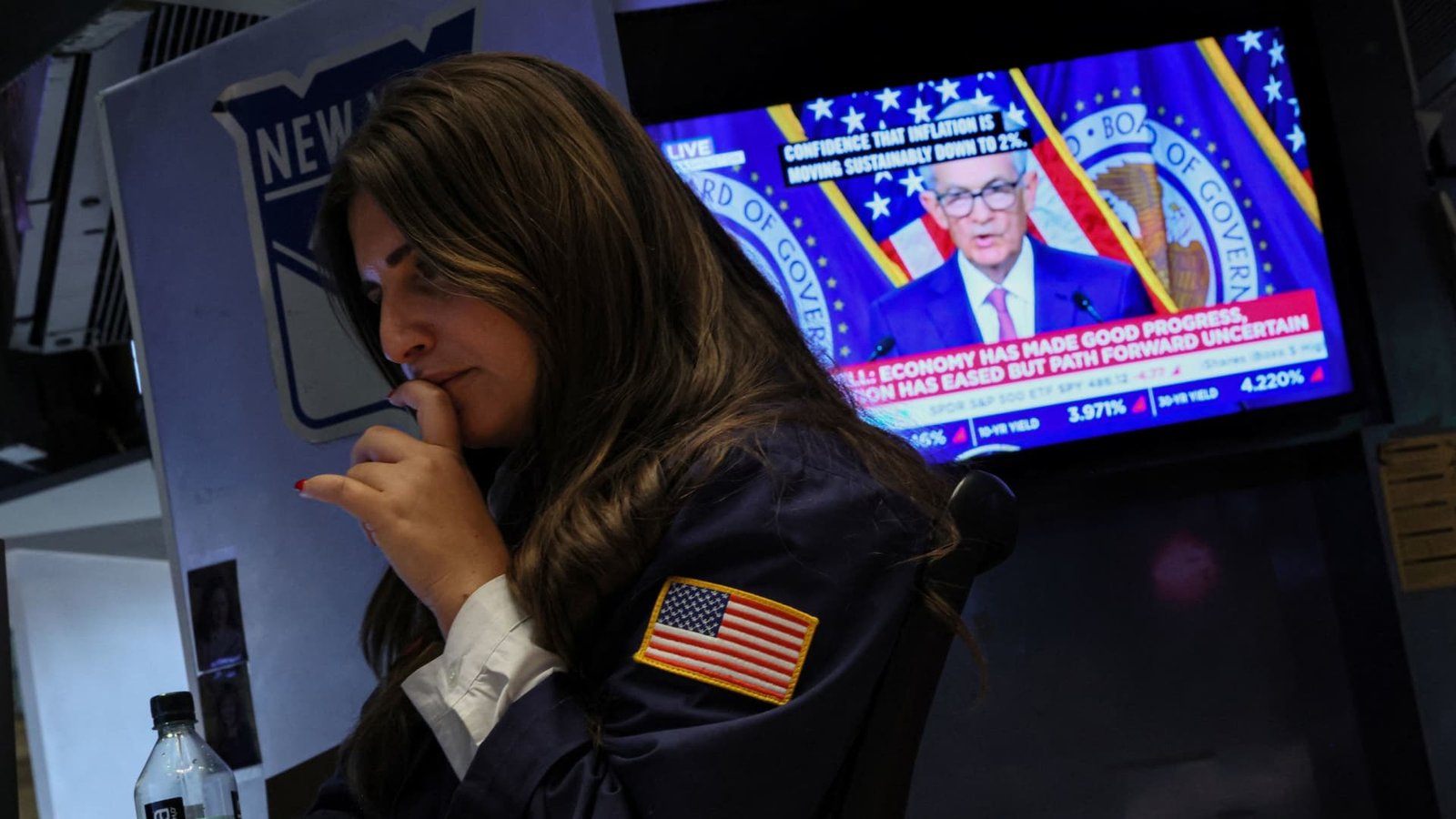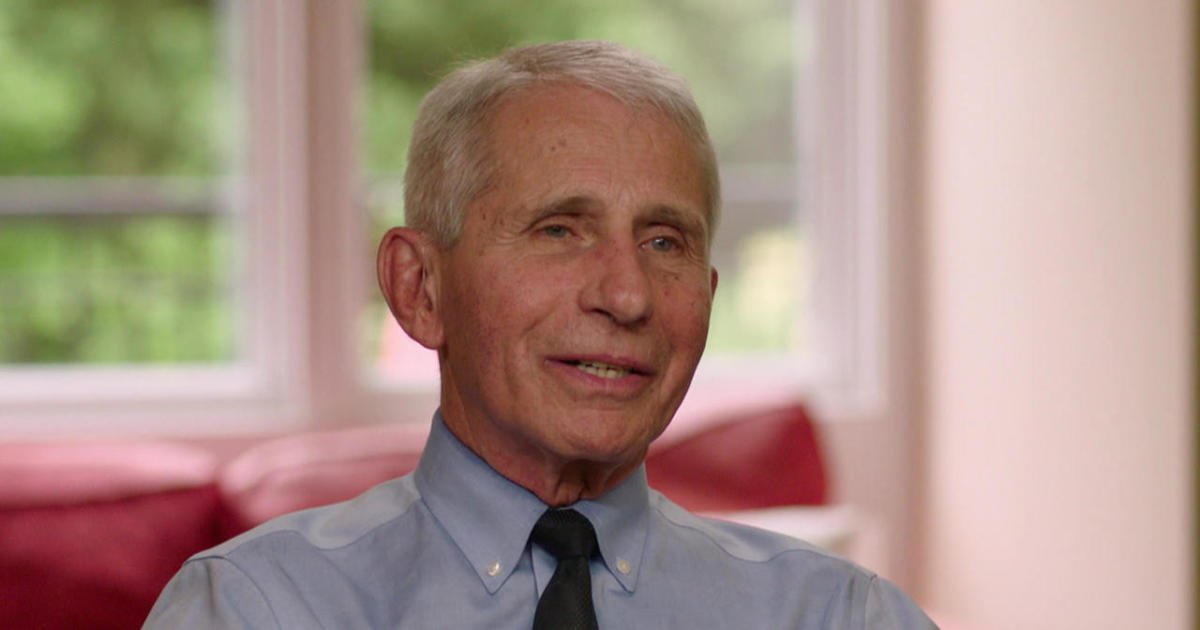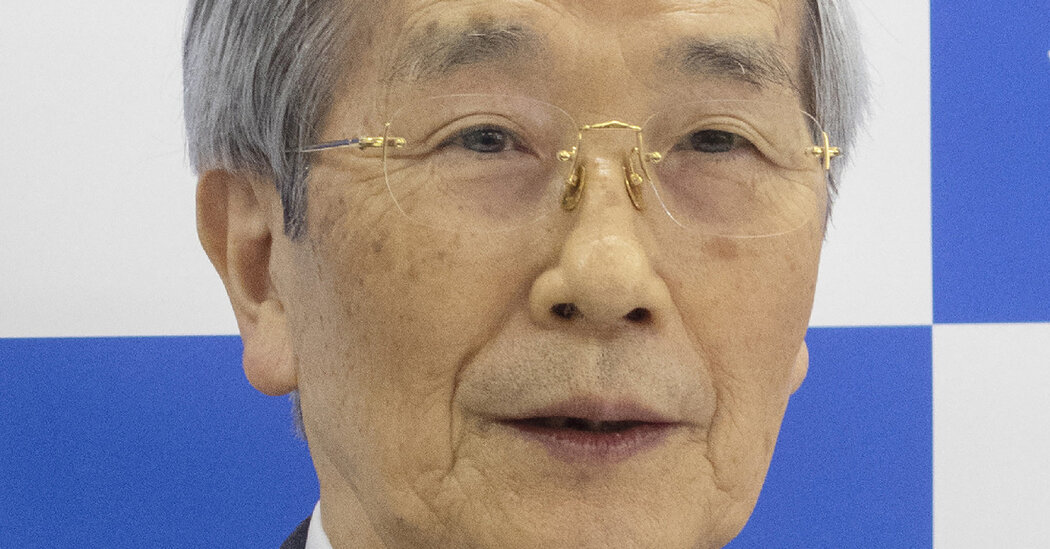Humira, the injectable rheumatoid arthritis treatment is pictured in a pharmacy in Cambridge, Massachusetts.
JB Reed | Bloomberg | Getty Images
Think a friend or colleague should be getting this newsletter? Share this link with them to sign up.
Good morning! Sales of AbbVie‘s Humira are plummeting as the once-top-selling drug fights competition from cheaper biosimilars in the U.S. and abroad.
But AbbVie has two key drugs that treat many of the same conditions as Humira, and they are proving to be worthy successors to the company’s flagship medication.
That was clear after AbbVie on Friday reported first-quarter revenue and adjusted profit that topped Wall Street’s expectations, partly driven by strength in the drugmaker’s immunology business. The pharmaceutical giant also hiked its annual profit forecast.
Humira revenue plunged more than 30% to $2.3 billion during the first quarter, according to AbbVie.
For years, AbbVie has built up a wall of patent protections around the drug, effectively extending its market exclusivity well beyond its main U.S. patent expiration in 2016. But Humira lost exclusivity in the U.S. last year amid the launch of nine biosimilars, some of which have been available in Europe since 2019. A 10th biosimilar was launched in February.
Yet biosimilars barely took a bite out of AbbVie’s monopoly. As of February, biosimilars captured around 4% of AbbVie’s share of the Humira market, according to a quarterly report from Samsung Bioepis.
But that changed after CVS‘s pharmacy benefits manager Caremark dropped Humira from some of its major national formularies for health plans on April 1 and recommended biosimilar versions of the medicine instead. Formularies are lists of preferred drugs for reimbursement.
The market share for Humira biosimilars rose from 5% to 36% within a week of the change, according to data cited by Axios. In April, Swiss company Sandoz’s biosimilar known as Hyrimoz contributed to the majority of new prescriptions for Humira biosimilars. That product is being co-marketed by a CVS subsidiary called Cordavis.
But AbbVie is still “successfully navigating” Humira’s patent cliff, the company’s CEO Rick Gonzalez said on the earnings call last week.
Data indicates that “not all of the Humira prescriptions are moving to a biosimilar,” Chief Commercial Officer Jeffrey Stewart added during the call. He said 20% of patients are moving to new drugs, including AbbVie’s immunology treatments Skyrizi and Rinvoq.
Skyrizi raked in $2 billion in revenue for the first quarter, which was roughly in line with Humira’s revenue for the period. Meanwhile, Rinvoq brought in $1.1 billion in sales for the first quarter.
Those newer drugs are growing rapidly: Skyrizi’s sales jumped 48% from the same period a year ago, while Rinvoq’s revenue spiked 59%.
Skyrizi is the “clear market leader” among U.S. biologics for psoriasis, with 35% of the market share, AbbVie executives said during the call. The company is slated to launch the drug in ulcerative colitis patients, which executives said they expect to be a “strong” market after a potential approval later this year.
In inflammatory bowel disease, Skyrizi is taking a “significant share” of sales from J&J’s blockbuster drug Stelara, according to AbbVie executives. Stelara is expected to lose exclusivity in the U.S. in 2025.
Meanwhile, Rinvoq is seeing uptake rise among patients with inflammatory bowel disease, ulcerative colitis and Crohn’s disease, among other indications.
Still, CVS’ decision to exclude Humira from some of its formularies raises some doubt over how well sales of the medication will hold up in the U.S., especially if other pharmacy benefit managers eventually follow suit.
Humira competition could also heat up in other ways: Health insurer Cigna announced on April 25 that it plans to make certain Humira biosimilars available with no out-of-pocket payment to eligible U.S. patients using its specialty pharmacy business beginning in June.
Alvotech and Teva Pharmaceuticals also announced a deal with an unspecified company to boost access to their biosimilar Simlandi, which mimics Humira’s most popular formulation and can be directly substituted at the pharmacy.
We’ll continue to watch how the competitive landscape for Humira plays out this year.
Feel free to send any tips, suggestions, story ideas and data to Annika at annikakim.constantino@nbcuni.com.
Latest in health-care technology
UnitedHealth CEO to testify on Capitol Hill
Bloomberg | Bloomberg | Getty Images
This is Ashley, reporting from Washington, D.C.
I’m here to watch UnitedHealth Group’s CEO Andrew Witty testify on Capitol Hill this week about the cyberattack on the company’s subsidiary, Change Healthcare. On Wednesday morning, Witty will speak in front of the Senate Finance Committee, and then he’ll head over to speak in front of a House Energy and Commerce subcommittee in the afternoon.
It’s sure to be an eventful day, and both hearings will be livestreamed if you’re interested in tuning in.
Here’s where things stand now.
In late February, UnitedHealth disclosed that part of Change Healthcare’s information technology network was breached by a cyber threat actor. UnitedHealth disconnected the impacted systems, and it has been working to bring them back online in recent weeks.
Change Healthcare offers tools for payment and revenue cycle management, among other solutions like e-prescription software. It carries out 15 billion billing transactions annually, and one in three patient records passes through its systems, according to the company.
Given the company’s scale, the disruption from the cyberattack has caused widespread fallout across the health-care sector. Many doctors temporarily could not fill prescriptions or get paid for their services, for instance.
On Feb. 29, UnitedHealth said the ransomware group Blackcat was behind the attack. Blackcat, also called Noberus and ALPHV, steals sensitive data from institutions and threatens to publish it unless a ransom is paid, according to a December release from the U.S. Department of Justice.
UnitedHealth told CNBC on April 22 that it paid a ransom to protect patient data. It also confirmed that files containing protected health information and personally identifiable information were compromised in the breach, according to a release.
The company said its investigation into the attack is still ongoing, so it could be months before it can notify affected individuals. UnitedHealth has been working with law enforcement, regulators and cybersecurity experts to assess the breach.
I expect lawmakers at the hearings this week will want to know more details about what happened and what the attack means for providers and patients.
I’ll bring you all the updates as they unfold! Stay tuned.
Feel free to send any tips, suggestions, story ideas and data to Ashley at ashley.capoot@nbcuni.com.





